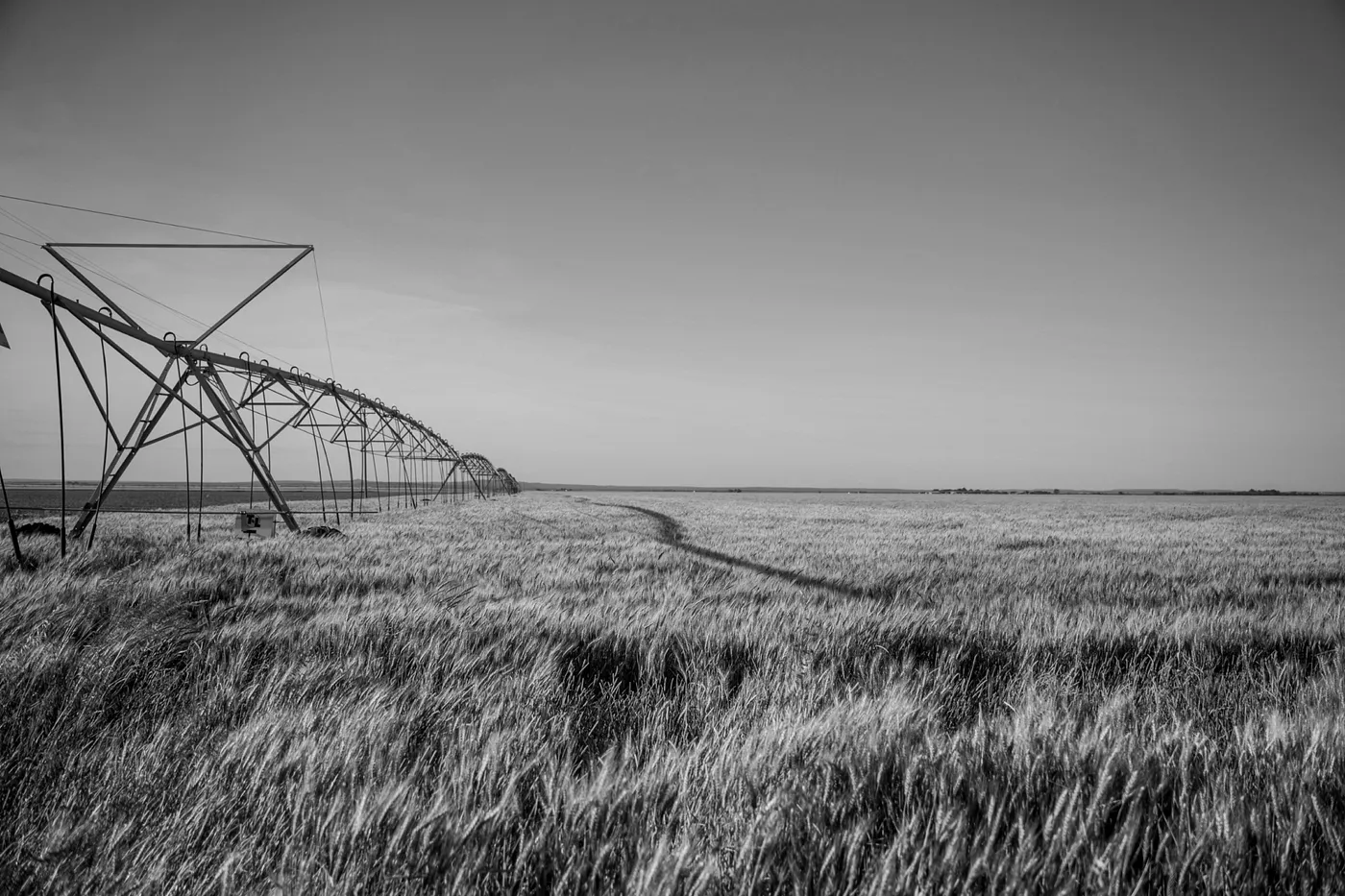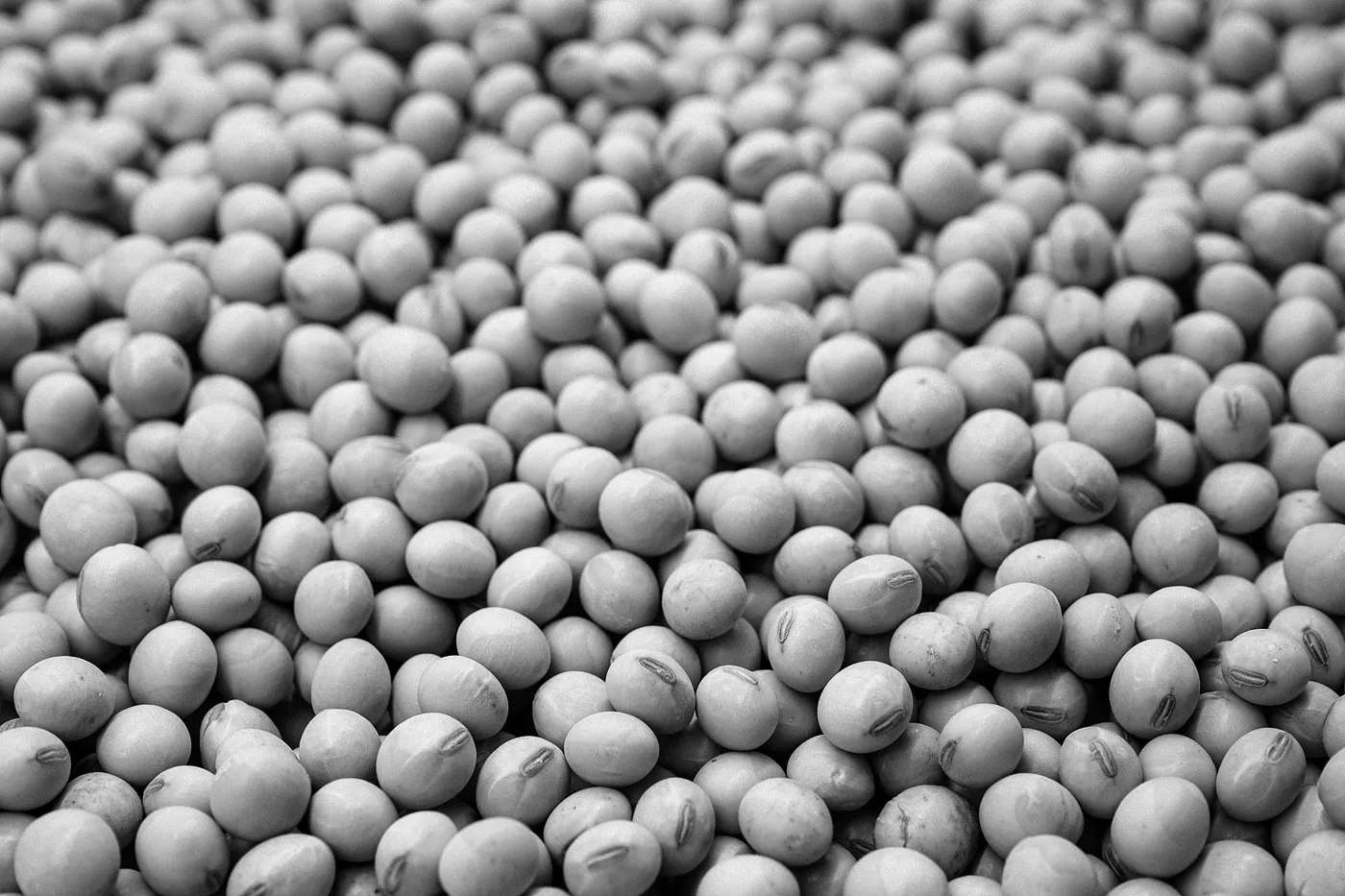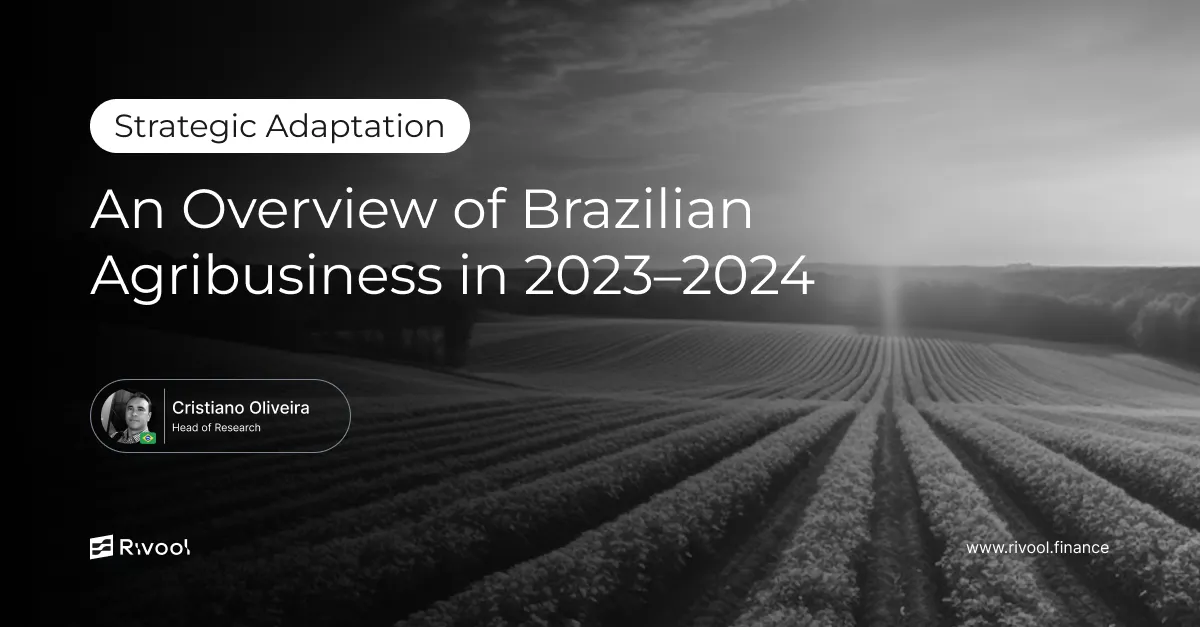Posted on July 30, 2024
Share:

In 2023, Brazilian agribusiness experienced remarkable growth, reaffirming its importance to the national economy. Favorable weather conditions, stron
from-robust-growth-to-strategic-adaptation-an-overview-of-brazilian-agribusiness-in-2023-2024
From Robust Growth to Strategic Adaptation: An Overview of Brazilian Agribusiness in 2023–2024
In 2023, Brazilian agribusiness experienced remarkable growth, reaffirming its importance to the national economy. Favorable weather conditions, strong international demand for commodities, and significant advancements in agricultural practices primarily drove this robust expansion. These factors collectively enhanced the sector’s productivity and efficiency, bolstering the country’s overall economic performance. As a result, Brazil solidified its position as a key player in the global agricultural markets.
The agribusiness sector emerged as a cornerstone of Brazil’s economic growth in 2023. It substantially contributed to the Gross Domestic Product (GDP), increasing the agricultural GDP by 15.1%. This impressive growth translated to a 0.9 percentage point contribution to the overall national GDP growth, which stood at 2.9% for the year. The pivotal role of agribusiness in this economic expansion highlights its significance in driving the country’s economic development and stability.

Several key crops played a crucial role in this growth trajectory. Soybean production expanded by 26.9%, while corn production saw an 18.9% increase. The exceptional performance in other areas of agribusiness complemented these significant gains. Initially expected to grow by 8.6%, Sugarcane production was revised upwards to an impressive 13.5% increase. Similarly, the cattle sector exceeded expectations, achieving a growth rate of 10.3%. These sectors collectively contributed to the overall agricultural output, reinforcing the strength and resilience of Brazilian agribusiness.
As of early 2024, the outlook for Brazil’s soybean production is optimistic. The Brazilian Confederation of Agriculture and Livestock (CNA) projects a harvest of 138 million tons, reflecting a 2.1% increase compared to the previous year. This growth is attributed to expanded planting areas and favorable weather conditions. However, the prices for soybeans might experience a slight decline. The anticipated price adjustment is mainly due to an increased global supply, which could exert downward pressure on prices. Despite this, the robust demand from major importers like China is expected to sustain the profitability of Brazilian soybean farmers.

Brazil’s corn production is also expected to increase slightly in 2024. The projected harvest is 107.6 million tons, up 1.5% from 2023. Improvements in crop management practices and investments in technology support this increase. However, similar to soybeans, corn prices might adjust downward. The expected price reduction is influenced by the higher availability of corn domestically and internationally. The increased supply and stable demand suggest a potential easing of prices, though they are expected to remain within profitable margins for producers.
Brazil’s protein export sector continues to show strong performance, with growth anticipated across various types of meat in 2024. Beef exports are projected to reach 10.8 million tons, a 2.6% increase from the previous year. The demand for Brazilian beef remains high, driven by markets such as China and the Middle East. Consequently, beef prices are expected to stay firm, maintaining their strong performance.In the pork sector, exports are expected to grow by 4.5%, totaling 4.7 million tons. Despite the increase in volume, pork prices might experience a slight decrease. This adjustment is due to a balanced supply-demand scenario and competition from other pork-exporting countries.
Chicken meat exports are forecasted to rise by 1.3%, reaching 15.1 million tons. The global demand for poultry remains strong; however, prices will likely face minor downward pressure. This potential price decrease is attributed to an ample supply and competitive international market conditions.

While the projections for 2024 indicate increased production across key commodities, the overall growth outlook for Brazilian agribusiness presents a more complex picture. According to recent forecasts, the agricultural sector’s value added (VA) is expected to decline by 3.2% in 2024, a stark contrast to the strong performance observed in 2023, which saw a 16.7% growth in VA. This anticipated decline is primarily driven by expected reductions in the production of several major crops, including corn and sugarcane. Despite these challenges, the livestock sector is poised for continued growth, potentially mitigating some negative impacts on agricultural output.
Managing tighter operational margins, logistical hurdles, and the impacts of global market dynamics are among the main challenges for 2024. The projected increase in fertilizer and input costs necessitates careful cost management and strategic planning by producers. Logistical challenges, such as delays in input deliveries and transportation bottlenecks, require effective solutions to ensure timely and efficient production and export processes. Additionally, fluctuations in the global market, driven by geopolitical uncertainties and changing demand patterns, will require Brazilian agribusiness to remain agile and responsive to maintain its competitive edge.
In summary, while 2023 was a year of substantial growth and achievement for Brazilian agribusiness, 2024 presents a more complex landscape with opportunities and challenges. The sector’s foundational strengths, strategic innovation, and adaptation will be relevant in overcoming these challenges and sustaining the robust growth trajectory established in previous years. By addressing these challenges head-on, Brazilian agribusiness can continue to play a crucial role in the national economy and maintain its strong position in global agricultural markets.
Authored by Cristiano Oliveira, Head of Research at Rivool Finance.
Tags
Private credit







